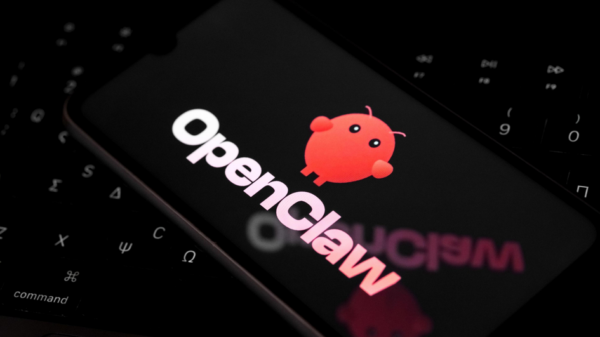Recent research conducted by teams at Cardiff University in south Wales and Ca’ Foscari University of Venice has provided new insights into the limitations of large language models (LLMs) in understanding humor, specifically puns. This study raises important questions about the capabilities of LLMs in grasping complex linguistic phenomena that often rely on cultural and contextual nuances.
Experimental Setup and Limitations
The research team aimed to explore whether LLMs can comprehend puns by evaluating their performance on a series of pun-based sentences. One of the tested examples was: “I used to be a comedian, but my life became a joke.” When this was altered to “I used to be a comedian, but my life became chaotic,” the models still recognized it as a pun. This indicated that LLMs are sensitive to the structure of puns but lack a deeper understanding of their underlying meanings.
In a similar vein, they tested the sentence, “Long fairy tales have a tendency to dragon.” When “dragon” was replaced with the synonym “prolong” or even a random term, the LLMs continued to identify the presence of a pun. This raises significant concerns regarding the models’ interpretative capabilities: while they can identify patterns from their training sets, they do not seem to genuinely understand the humor involved.
Professor Jose Camacho Collados from Cardiff University’s School of Computer Science and Informatics emphasized that the research highlighted the fragile nature of humor comprehension in LLMs. “In general, LLMs tend to memorize what they have learned in their training,” he stated. “They catch existing puns well, but that doesn’t mean they truly understand them.” The study found that when encountering unfamiliar wordplay, the LLMs’ ability to distinguish between humorous and non-humorous sentences can drop to just 20%.
Results and Findings
Another pun tested was: “Old LLMs never die, they just lose their attention.” When “attention” was substituted with “ukulele,” the LLM still perceived it as a pun, reasoning that “ukulele” phonetically resembled “you-kill-LLM.” This instance further illustrates the models’ reliance on phonetic similarities rather than semantic comprehension.
The findings of this research indicate that LLMs are adept at recognizing established puns from their training data but struggle significantly with newly generated or modified puns, demonstrating a clear limitation in their understanding of humor.
Research Significance and Applications
The implications of these findings are substantial, especially for applications requiring nuanced understanding, such as chatbots, customer service interfaces, and creative writing tools. The researchers caution that developers should exercise restraint when employing LLMs in contexts where humor, empathy, or cultural context is vital. The illusion of humor comprehension exhibited by these models could lead to misinterpretations and miscommunications, underscoring the need for human oversight in such applications.
This research was presented at the 2025 Conference on Empirical Methods in Natural Language Processing, held in Suzhou, China, and is detailed in their paper titled “Pun unintended: LLMs and the illusion of humor understanding.” By shedding light on the limitations of LLMs in one of the more intricate aspects of language, this work contributes to a growing body of literature that seeks to clarify the boundaries of what these models can realistically accomplish.
In summary, while LLMs have demonstrated remarkable prowess in various natural language processing tasks, their grasp of humor remains notably superficial. This study not only emphasizes the necessity for a cautious approach in deploying these models for applications involving humor but also highlights a broader research avenue focusing on understanding and overcoming the limitations of LLMs in interpreting complex linguistic constructs.
See also AI Model Exposes Risks by ‘Hacking’ Training Process, Reveals Anthropic Study Findings
AI Model Exposes Risks by ‘Hacking’ Training Process, Reveals Anthropic Study Findings AI’s Double-Edged Sword: Study Warns of Health Disparities in Neurological Care
AI’s Double-Edged Sword: Study Warns of Health Disparities in Neurological Care Researchers Use Deep Learning EEG to Boost Mental Focus in Female Cricketers
Researchers Use Deep Learning EEG to Boost Mental Focus in Female Cricketers Trump Launches ‘Genesis Mission’ to Accelerate AI Innovation and Scientific Breakthroughs
Trump Launches ‘Genesis Mission’ to Accelerate AI Innovation and Scientific Breakthroughs AI Set to Eliminate 3M Low-Skilled UK Jobs by 2035, Says NFER Report
AI Set to Eliminate 3M Low-Skilled UK Jobs by 2035, Says NFER Report







































































